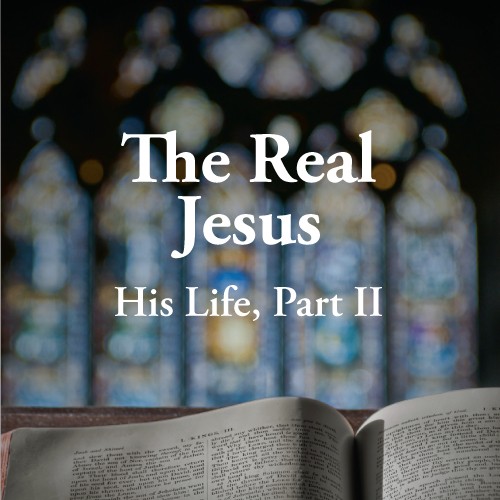
Mary’s Son
Tim Keller | December 15, 1996
Overview
The message of Christmas is the message of the gospel. It’s the essential message of Christianity. And in Luke 1, we have one person’s response to that message. At Christmastime you’ll be hearing this message. The question is, “How should you respond to it?”
The message is that the Most High has become the most low. God has become human.
Let’s look at three things that this means: 1) God is far greater than we thought, 2) we are more sinful than we thought, and 3) God is more loving than we think. Then we’ll look at one person’s, Mary’s, three-stage response to this message.
Outline
Luke 1:26–38
The heart of Christianity, shown in the stories of Christmas and Easter, is the good news of the gospel. This is beautifully shown through Mary’s conversation with the angel Gabriel, who tells her about the upcoming birth of Jesus, God’s son, who will rule forever. Despite her initial fear, Mary accepts this message from God, illustrating the deep truth of the incarnation: God is bigger than we can comprehend, and our mistakes are more serious than we think.
1. God is far greater than we thought
In Christianity, we believe in a God who became a weak human being. This idea is often rejected by other beliefs and philosophies, who feel it either makes God seem less or focuses too much on Jesus. However, it’s through this very act of becoming ‘the least’ that God’s greatness is really seen. The incarnation not only shows God’s majesty but also reveals how truly flawed we humans are.
2. We are more sinful than we thought
Christmas is a powerful reminder of our mistakes, shown through the gift of God’s son. This gift points to our deep flaws, showing us that only through Jesus’ sacrifice can we find salvation. The incarnation of Christ, therefore, represents the gospel, showing us both God’s majesty and the serious nature of our sins.
3. God is more loving than we think
Jesus becoming human shows his willingness to suffer and die for our salvation. This idea, highlighted by Dorothy Sayers, shows that God willingly chose to experience human limitations and sadness. The importance of a God who became human is shown, pointing to his deep love for us. Mary responds to this love with seriousness, thought, and surrender. The sermon ends by emphasizing the need for both thinking and feeling in knowing God, and encourages everyone to talk to God about their doubts and struggles, giving themselves over to His will.



